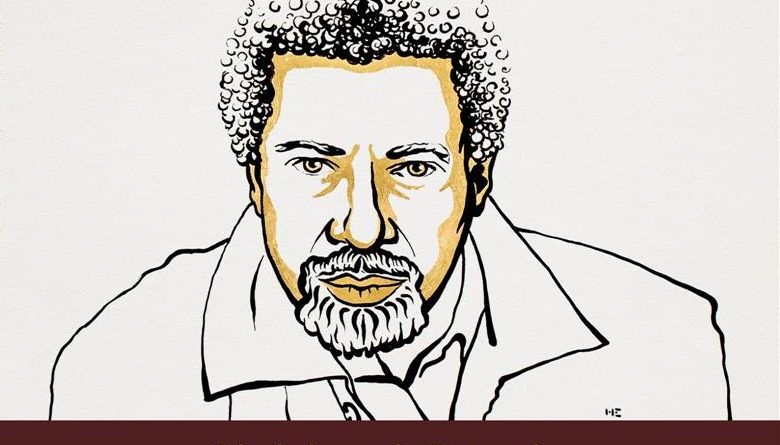Nobel Prize for literature awarded to Tanzanian novelist Abdulrazak Gurnah
2021 literature laureate Abdulrazak Gurnah’s fourth novel ‘Paradise’ (1994), his breakthrough as a writer, evolved from a research trip to East Africa around 1990.
The Nobel Prize for literature has been awarded to Zanzibar-born novelist Abdulrazak Gurnah “for his uncompromising and compassionate penetration of the effects of colonialism and the fate of the refugee in the gulf between cultures and continents.
“2021 literature laureate Abdulrazak Gurnah’s fourth novel ‘Paradise’ (1994), his breakthrough as a writer, evolved from a research trip to East Africa around 1990. It is a coming of age account and a sad love story in which different worlds and belief systems collide,” said the Jury.
Born in Zanzibar and based in England, Gurnah is a professor at the University of Kent. His novel “Paradise” was shortlisted for the Booker Prize in 1994.
The prize is awarded by the Swedish Academy and is worth 10 million Swedish crowns ($1.14 million).
The prizes, for achievements in science, literature and peace, were created through a bequest in the will of Swedish dynamite inventor and wealthy businessman Alfred Nobel. They have been awarded since 1901, with the final prize in the line-up – economics – a later addition.
Past winners have primarily been novelists such as Ernest Hemingway, Gabriel Garcia Marquez and Toni Morrison, poets such as Pablo Neruda, Joseph Brodsky and Rabindranath Tagore, or playwrights such as Harold Pinter and Eugene O’Neill.
But writers have also won for bodies of work that include short fiction, history, essays, biography or journalism. Winston Churchill won for his memoirs, Bertrand Russell for his philosophy and Bob Dylan for his lyrics. Last year’s award was won by American poet Louise Gluck.
Beyond the prize money and prestige, the Nobel literature award generates a vast amount of attention for the winning author, often spurring book sales and introducing less well-known winners to a broader international public.




